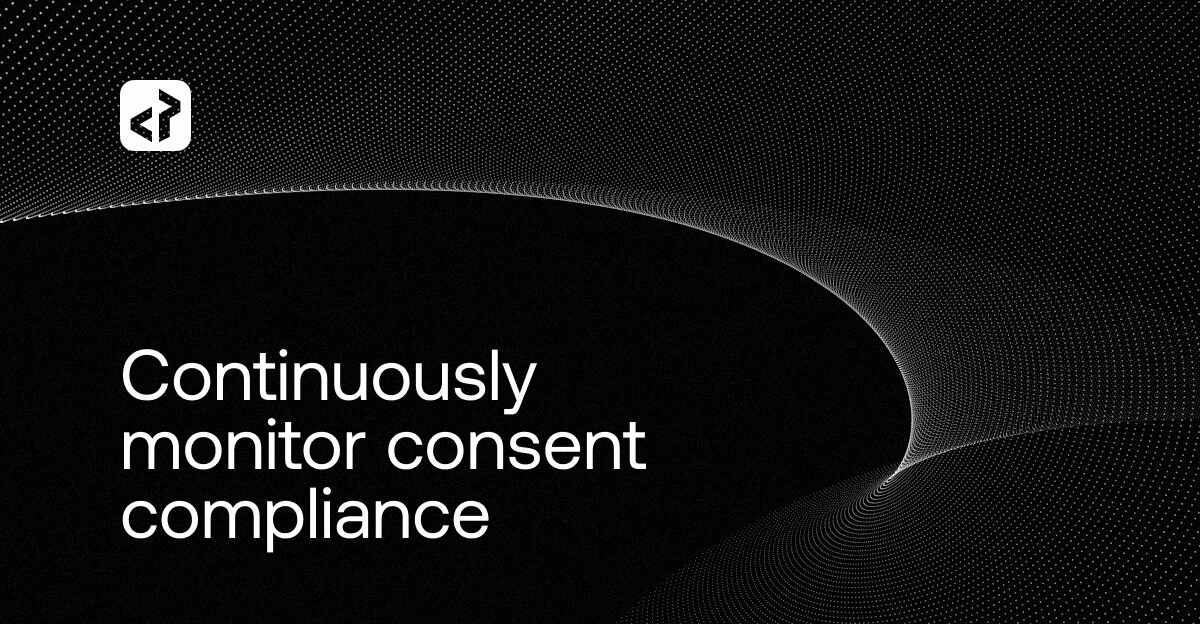The year 2018 saw the EU’s GDPR (General Data Protection Regulation) bring consent compliance to the forefront. Fast forward to 2024, and US companies are now facing a similar imperative due to new regulations. Despite the widespread implementation of consent banners on websites and apps, the monitoring of data flows to ensure compliance with consent choices remains lacking.
Enforcement of the CPRA (California Privacy Rights Act), a groundbreaking privacy law in the US, began in February 2024. This law grants California new powers to impose fines on companies that share personal data against users’ preferences. Prior to the CPRA, the CCPA (California Consumer Privacy Act) only prohibited the selling of personal data against users’ preferences. Now, companies with users in California must offer the option to opt out of data sharing across all their platforms.
The trend is catching on, with several other US states following suit. Since 2023, six states, including Texas and Oregon, have started enforcing similar privacy laws, with 12 more states set to follow suit in the next two years. Failure to comply with California’s privacy laws can result in fines in almost 20 more states, as each state restricts data sharing or selling without consent.
This poses a significant challenge for many companies, as websites and apps are often inundated with pixels and SDKs from marketing partners collecting user data without consent. Even with cookie consent banners in place, third-party pixels may still capture personal data without authorization. Comprehensive visibility and control over consent banners, pixels, tag managers, and SDKs are essential to ensure compliance.
Many privacy teams face a lack of visibility over consent compliance, relying on manual configuration of consent banners and data flows. While most companies utilize consent management platforms (CMPs) to centrally manage consent banners and data flows, privacy teams struggle to effectively audit their CMPs. Manual configuration checks of each banner, pixel, tag manager, and SDK for every website and app in every region are time-consuming and prone to errors.
Given the constant updates to websites and apps, automated and regular monitoring is crucial to ensure consent compliance. Without such monitoring, companies risk facing privacy fines and reputational damage. Privado offers a comprehensive consent compliance solution that continuously scans all websites and mobile apps to ensure proper functioning of consent banners, limited data flows according to consent choices, and immediate communication of risks to the privacy team.
By leveraging consent compliance monitoring in conjunction with Privado’s privacy code scanning platform, companies can effectively manage all personal data sharing with third parties, in a practice known as digital tracking governance. This comprehensive approach helps companies navigate the complex landscape of consent compliance and protect user privacy effectively.



